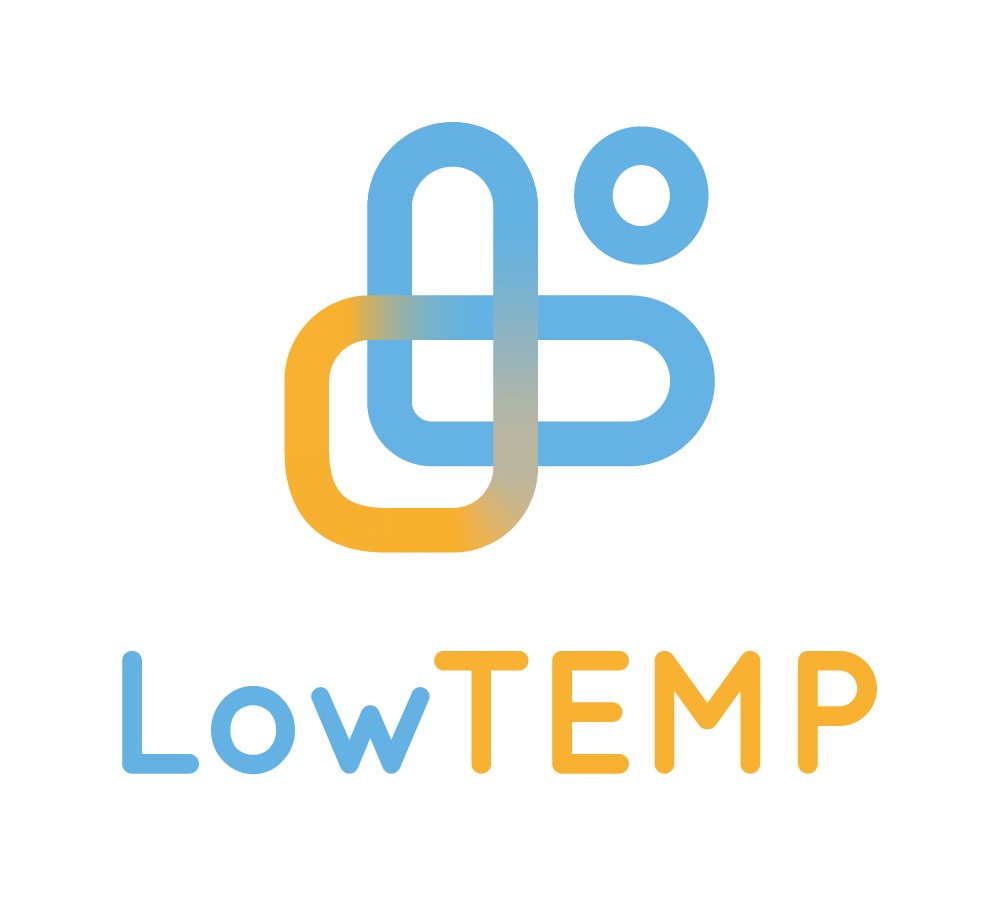Low Temperature District Heating for the Baltic Sea Region (LowTEMP)
| Title | Low Temperature District Heating for the Baltic Sea Region |
| Abbreviation | LowTEMP |
| Programme | Interreg Baltic Sea Region Programme |
- University of Technology (BTU) Cottbus Senftenberg (Germany)
- ZEBAU – Centre for Energy, Construction, Architecture and the Environment GmbH (Germany)
- Holbaek Municipality (Denmark)
- Gate 21 (Denmark)
- Lejre Municipality (Denmark)
- Sustainable Business Hub (Sweden)
- City of Malmö (Sweden)
- Thermopolis Ltd. (Finland)
- District Heating Kurikka (Finland)
- Tartu Regional Energy Agency (Estonia)
- Riga Technical University (Latvia)
- Vidzeme Planning Region (Latvia)
- Gulbene Municipality (Latvia)
- University of Klaipėda (Lithuania)
- Public Institution Housing Energy Efficiency Agency (Lithuania)
- ANO Energy Efficiency Centre (Russia)
- District Heating Enterprise Ltd. – OPEC Gdynia (Poland)
- Cooling and CHP (Germany)
- AGFW-Project-GmbH (Germany)
Project objectives
Project specific objective is to increase energy efficiency based on enhanced capacity of public and private actors involved in energy planning. The first objective of the LowTEMP project is to increase the knowhow and competences within the project partnership. Secondly, LowTEMP aims to jointly collect and analyse data and information and then develop, knowledge pools, guidelines, strategies and tools that constitute the basis for the planning, installation and management of LTDH systems. The third aim of LowTEMP is to apply and disseminate the developed know-how and the project outputs, i.e. pilot energy strategies, proof of LTDH sustainability and financial strategies that support the implementation and management of LTDH systems, to broader target groups outside the partnership via a training programme and connected dissemination measures.Activities
- Development of methodology to collect information and data on DH and LTDH.
- Development of knowledge platform.
- Collection, evaluation and processing of data and information.
- Analysis of institutional, organisational and technical framework for LTDH.
- Development of methodology for strategies to implement LTDH.
- Implementation of pilot testing measures paving the way to LTDH.
- Development of pilot energy strategies for selected municipalities.
- Analysis of methods to calculate CO2 emissions.
- Development of a life cycle analysis (LCA).
- Development of life cycle cost analysis (LCCA).
- Development of simulation model on environmental benefits of LTDH.
- Analysis of financial framework and funding gaps. Analysis of existing contracting and payment models in DH.
- Development of innovative funding structures for LTDH.
- Implementation of study visits, lectures and seminars to increase the partnerships knowledge on LTDH.
- Awareness raising and knowledge transfer in the selected municipalities and regions.
- Development of training programme on the planning, installation and management of LTDH systems.
Results
- Methodology for data collection and knowledge platform.
- Report on current energy supply framework conditions for LTDH in partner municipalities and regions.
- Methodology for strategies to implement LTDH.
- Developed pilot testing measures in partner municipalities.
- Developed pilot energy strategies for selected municipalities.
- Report – Description and analysis of methods for calculation of CO2 emissions.
- Life cycle analysis and life cycle cost analysis.
- Simulation model on environmental benefits of LTDH.
- Calculation method to determine economic efficiency and funding gaps. Contracting and payment models in DH.
- Study on business models and innovative funding structures for LTDH.
- Report documenting the content and outcome of study visits, lectures and seminars as well as increased knowledge on LTDH within the partnership. Documentation on the realised measures to increase the awareness and knowledge of selected stakeholders on LTDH.
- Training programme on the planning, installation and management of LTDH systems (“LowTEMP training package”).
Budget
Total budget: 3 767 755,15 EUR
Vidzeme Planning Region: 149 878,00 EUR
Implementation period
01.10.2017. – 31.12.2020.
Contacts
Līga Puriņa-Purīte
Tel.: +371 29214024
E-mail: liga.pp@vidzeme.lv


